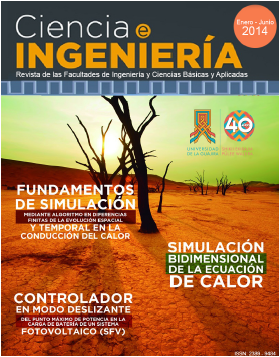Politics in science technology and innovation in developed countries, developing and natural resources rich
Keywords:
Science, Technology, Innovation, Development, Underdevelopment, Knowledge, GlobalizationAbstract
This article 's main objective is to analyze the way they have been taking STI policies in developed countries, in developing, its history, main features and how are these polic ies at present, to meet the demands of globalization and the new knowledge society. The methodology used is descriptive documentary. Some of the authors that support research are: Castells, M., HALL, P. (1994),TS Kuhn (1 999), Sagasti, Francsico (2000), albornoz, Mario (2011), gordon, A. (2011), Oszlak, O. y O’donell, G (1995), Ohmae, K., ( 1991 ), OMAN, C., ( 1994 ), UTRIA R. (2005 ), Porter M., ( 1987 ), Stiglitz J., (201 2) and Pampillón , R. (1980) among others . The results generate d by research, to conclude that the scientific and technological gap that se parates the underdeveloped countries of the industrialized powers is vast and widens and deepens more and more. The latter have entered the "knowledge society" because they are the owners and suppliers of technology resources and consequently enjoy a high standard of living as a very high human development and a growing industrial and commercial development. While developing countries , have profound deficits in productivity, edu cation , skills and technolo gy because of the high levels of social inequality, poverty and human development , as well as low levels of education, health and other social services of interest added to the lack of technological development. Against this background so uneven we recommend to leaders and leaders of developing countries start with a complex systemic proces s innovation, the main character must be companies, but must be supported by a network of public and private actors that ge nerate system of politi cal, social, institutional, organizational, economic and territorial they are able to generate, adopt and disseminate knowledge, and apply that knowledge to the production process, creating value and competitiveness.
Downloads
Published
How to Cite
Issue
Section
License
Copyright (c) 2014 Sandy Romero Cuello, Jaider Quintero Mendoza

This work is licensed under a Creative Commons Attribution-NonCommercial-NoDerivatives 4.0 International License.





